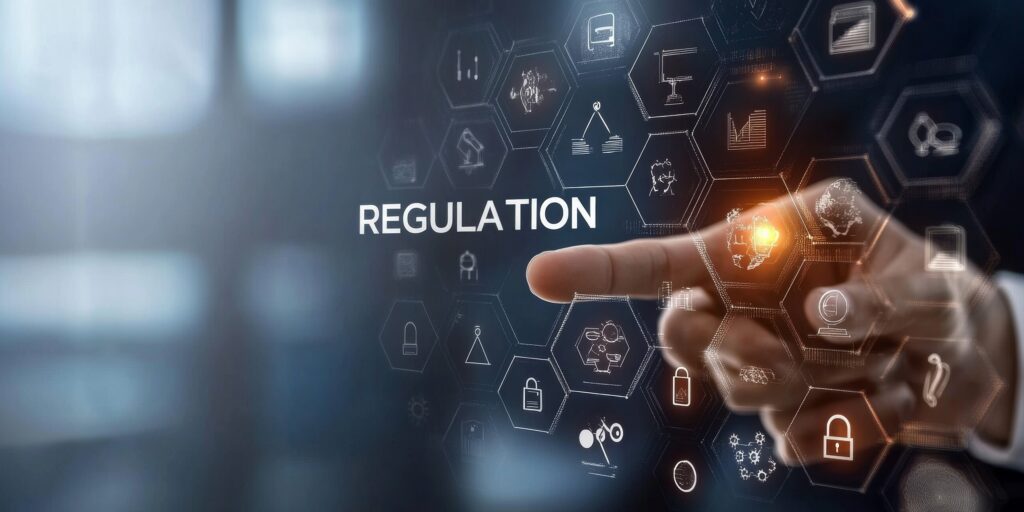The Republicans that want Trump to fight climate change
Eli Lehrer is another member of the eco-right looking to harness the power of the free market to save the planet. Back in 2012, Lehrer helped lead an exodus of insurance wonks out of the conservative and notoriously climate change-skeptical Heartland Institute. The final straw for him at Heartland was their sponsorship of a series of billboards likening those who believe in climate change to the likes of Charles Manson and Osama bin Laden. As an insurance analyst trained to assess risk, Lehrer could no longer square his research interests with his employer’s aggressive stance against climate science. He now heads R Street, another think tank produced out of the spin-off. Even if a carbon tax fails to bring down emissions, he says, “it’s still good tax policy.”
In 2016, the GOP’s climate politics are more complicated than they might look at first glance, with growing divides between voters and elected officials. Along with Inglis and Lehrer, 54 percent of Republicans now believe that the climate is changing and that humankind has played a hand in it. By contrast, just 14 of the 247 Republicans in the House of Representatives signed on to the Gibson Resolution, stating the urgency of climate change and the body’s commitment to addressing it.
As Lehrer notes, even if Republicans’ base is starting to believe in climate change, it is still a long way off from becoming a top line issue. For Republicans, in fact, climate change was this year’s least important issue, according to Gallup.
In spite of the polling, Lehrer sees state-level efforts at a carbon tax as “very likely in the next four to eight years.” If there is to be progress in bringing down emissions under Trump at the federal level, though, Lehrer predicts it will come via policies that have very little to do with the climate outright. “Some of the things that the administration seems to have said it will do seem to be pretty good from a climate change perspective,” Lehrer says, “in particular…increased natural gas development, support for nuclear power and pipelines.”
Natural gas development, he and the American Petroleum Institute argue, has been key to bringing down emissions in the United States. Yet while natural gas emits relatively little CO2, scientists say that fracking’s low carbon cost is overshadowed by the amount of methane the process spews into the atmosphere. (As a greenhouse gas, methane is about twenty times as potent as carbon dioxide.) As for pipelines, Lehrer contends they are a safer and more carbon-efficient means of transporting fossil fuels, as compared to train lines. Still, building pipelines in the first place requires that there be fresh batches of oil to flow through them, which means more greenhouse gases.
“Can I predict what he’s going to do? No, I don’t think anybody can,” Lehrer told The Atlantic of the president-elect. “I would not be totally surprised if he were to give some speech announcing that [climate change] was a major crisis, announcing a new Manhattan Project to deal with it. And I’d be equally unsurprised if he reiterated his comment that it’s a hoax perpetrated by the Chinese.”








